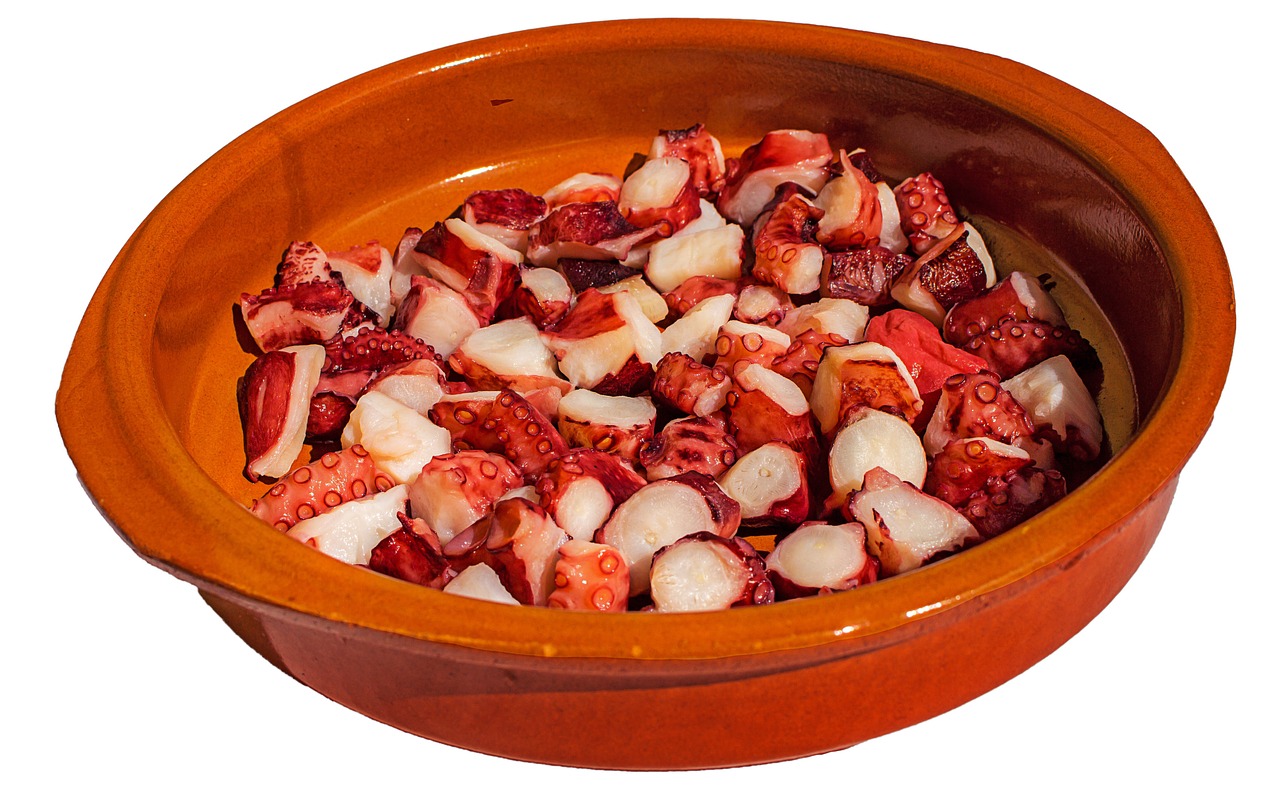I’ve always been wary of saying “crock pot” instead of “slow cooker” – I just don’t like the word “crock.” But, as it turns out, the crock pot (or, Crock-Pot®) really is the original slow cooker.
Sort of.
The slow cooker, by definition, is an electric cooking pot with a tight-fitting lid for cooking meats, casseroles, etc, for several hours at relatively low temperatures, usually around 200 degrees F. As they say on the Crock-Pot® website, “A crock-pot slow cooker combines old time principles to produce exceptional flavor, nutrition, and economy cooking.”
A man named Irving Naxon can be credited with the invention of what could be argued is the most popular cooking appliance today. Although Naxon produced many inventions during his time (over 200 patents in his name), the slow cooker is certainly what he’s best known for.
However, the story begins with his mother, Tamara Kaslovski Nachumsohn.
Nachumsohn told stories to Naxon about growing up in Lithuania, where she was unable to work in the kitchen on the Sabbath. Her mother, Naxon’s grandmother, found a way to get food cooked on this day anyway – she would bring Nachumsohn an uncooked Jewish stew called cholent on Friday afternoons, when the oven was able to be used.
When the oven wasn’t in use on the Sabbath, it was still warm enough to continue cooking the stew slowly. By sundown on Saturday, it would be ready for consumption.
Inspired by his mother’s story, Naxon looked to create a low-cost, energy efficient appliance that could replicate how his mother’s stew was slow cooked in a (turned off) oven.
In the early 1960s, the Bean Pot was developed, also called the Naxon Beanery. It was essentially a slow cooker on a tray that heated up. Naxon mostly sold his invention to coffee shops and luncheonettes.
In 1970, Rival Industries purchased the rights to the Bean Pot. They discovered that many types of food cooked well through the same exact method, and the Crock-Pot® was born. By 1974, the inside could be removed for cleaning, further enhancing this ingenious invention.
With more and more women holding down full time jobs, the Crock-Pot® made making dinner all the more easier, and it still does today.
Although many companies have imitated the Crock-Pot® with their own slow cooker, they cannot lay claim to the original. Much like with Kleenex and facial tissues, the brand name of Crock-Pot® has pretty much become synonymous with the slow cooker.
Of course, one of the appeals of the slow cooker is that it operates on a very low wattage, enabling you to leave it on all day without worry. But, some people still show concern about leaving any appliance on unattended. However, if you fill the slow cooker with the proper amount of liquid and have it resting on a hard, flat surface, you and your dinner should be just fine.

Comments
3 responses to “Food history: slow cooker”
People have been using Crock-Pot as a generic term for so long that I am surprised Rival’s brand never became a victim of genericide and lost their trademark, especially being they were the first to market (after Naxon Beanery All-Purpose Cooker) and pretty much invented the category of “slow cooker.” I wonder if they have always been careful about saying things like “Crock-Pot brand of Slow Cookers.” I would suspect they have. They could have gone the way of the thermos!
I had to look up “genercide” – very interesting!
For the record, I have a Ninja brand slow cooker I am pretty happy with. 😛
Sorry, I wasn’t trying to use big words needlessly, Erin, I just didn’t want to write a long sentence to explain what I meant and take up too much space in your comments. I’ve never even heard of the Ninja brand, I guess that is the same as the Ninja blender folks?
Anyway, glad to have found your website. I’m off to look at your “difference between” tag.